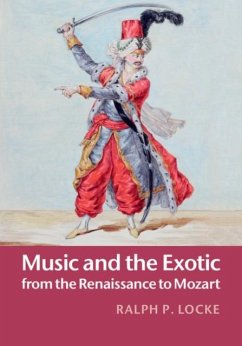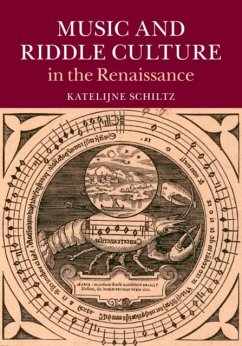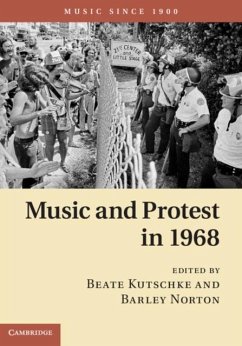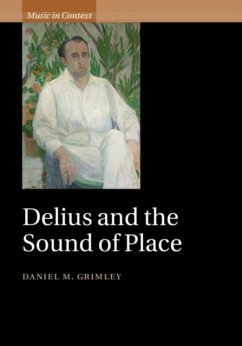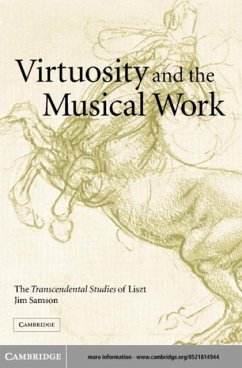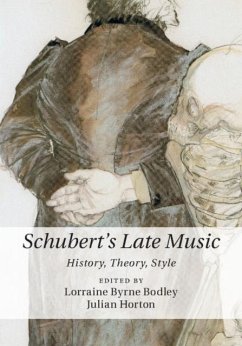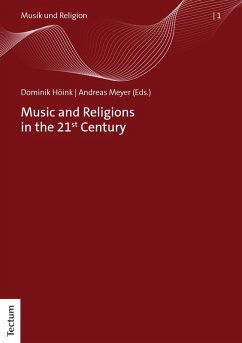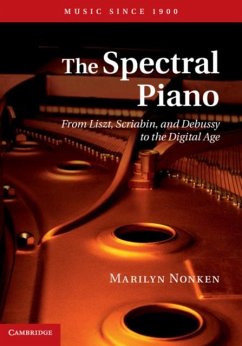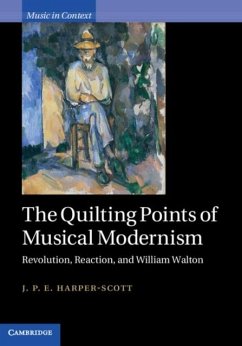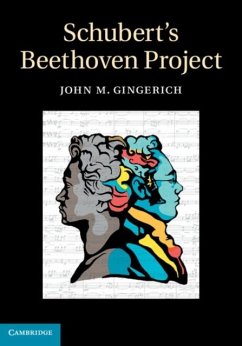
Absolute Music and the Construction of Meaning (eBook, PDF)
Versandkostenfrei!
Sofort per Download lieferbar
47,95 €
inkl. MwSt.
Weitere Ausgaben:

PAYBACK Punkte
24 °P sammeln!
This book is born out of two contradictions: first, it explores the making of meaning in a musical form that was made to lose its meaning at the turn of the nineteenth century; secondly, it is a history of a music that claims to have no history - absolute music. The book therefore writes against that notion of absolute music which tends to be the paradigm for most musicological and analytical studies. It is concerned not so much with what music is, but with why and how meaning is constructed in instrumental music and what structures of knowledge need to be in place for such meaning to exist. F...
This book is born out of two contradictions: first, it explores the making of meaning in a musical form that was made to lose its meaning at the turn of the nineteenth century; secondly, it is a history of a music that claims to have no history - absolute music. The book therefore writes against that notion of absolute music which tends to be the paradigm for most musicological and analytical studies. It is concerned not so much with what music is, but with why and how meaning is constructed in instrumental music and what structures of knowledge need to be in place for such meaning to exist. From the thought of Vincenzo Galilei to that of Theodore Adorno, Daniel Chua suggests that instrumental music has always been a critical and negative force in modernity, even with its nineteenth-century apotheosis as 'absolute music'.
Dieser Download kann aus rechtlichen Gründen nur mit Rechnungsadresse in A, B, BG, CY, CZ, D, DK, EW, E, FIN, F, GR, HR, H, IRL, I, LT, L, LR, M, NL, PL, P, R, S, SLO, SK ausgeliefert werden.




